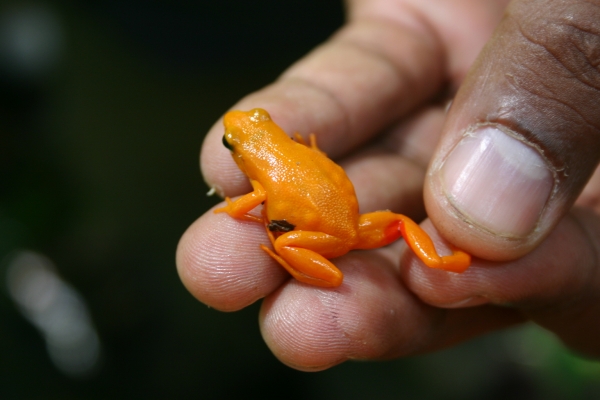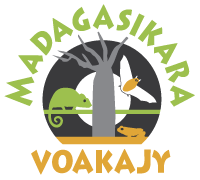Madagascar Flying Fox [i](Pteropus rufus)[/i]
This is the largest fruit bat on the island of Madagascar. It is threatened by the loss of its roosting and foraging habitats as well as hunting for bushmeat. Our projects on this species aim to both conserve its key habitats and understand more about its ecology.



